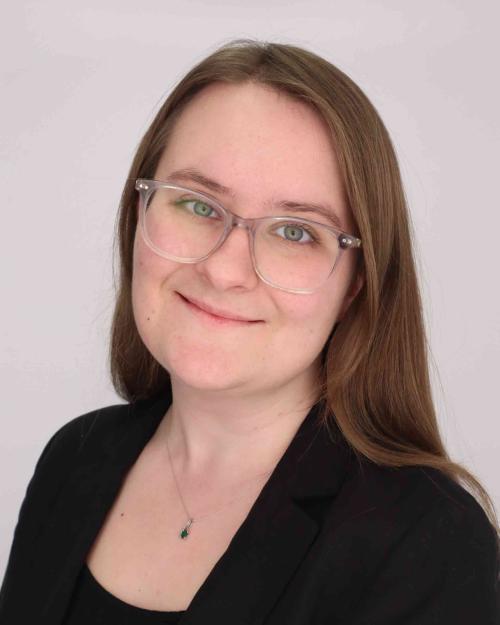
Project Title: Investigating the intergenerational Impact of Early Life Stress
Project Description: In my College Scholar Project, I will explore the intergenerational transmission of early life stress (ELS), particularly focusing on how parental ELS can have long-lasting biological and psychological consequences in their offspring. It is known that ELS causes a wide range of physiological and psychological impacts through epigenetic and environmental pathways. However, less is known about how parents’ ELS can have long-lasting consequences for their children, even if their children are raised without ELS of their own. In my thesis, I will review the current mechanisms by which parental ELS is hypothesized to transmit to the child and cause the altered physiology that we observe in children of parents who experienced ELS and analyze existing longitudinal datasets to explore mechanisms of intergenerational ELS. I hope to design and run my own study to further test my findings and complete a secondary analysis that explores potential supportive measures and policy solutions that can mitigate the impact of ELS on US youth.
Most Important Accomplishment: Empowering myself to survive my own adverse childhood experiences (ACEs) and pursue my goal to become a researcher studying how to mitigate the impact of ACEs on youth.
Reflections on the College Scholar Program: The College Scholar Program allows me to study early life adversity through research and scholarship opportunities not available in any other program at Cornell University. My research is supported financially by the Lynn S. Abel fund, an incredible source of funding beyond the Undergraduate Research Fund and the Einhorn Discovery grant, and as a College Scholar, I have the opportunity to work one on one with professors to develop research ideas for my thesis. As College Scholars, our projects are seen as meaningful contributions to our intellectual growth and the scientific community at large, adding an invaluable sense of purpose to our studies as students in the College of Arts & Sciences.